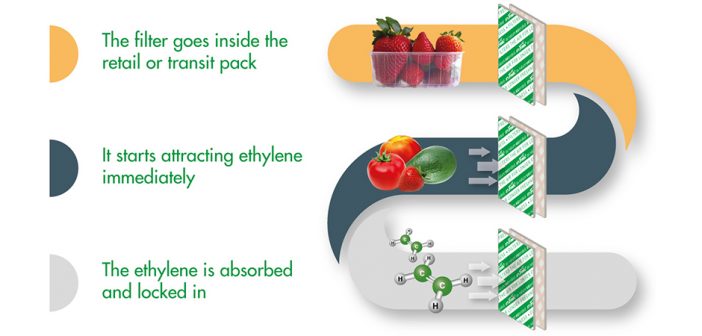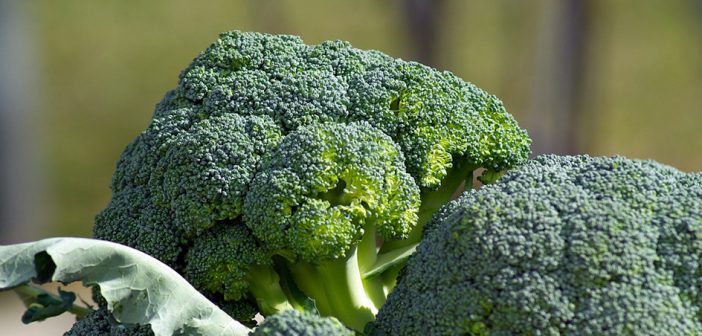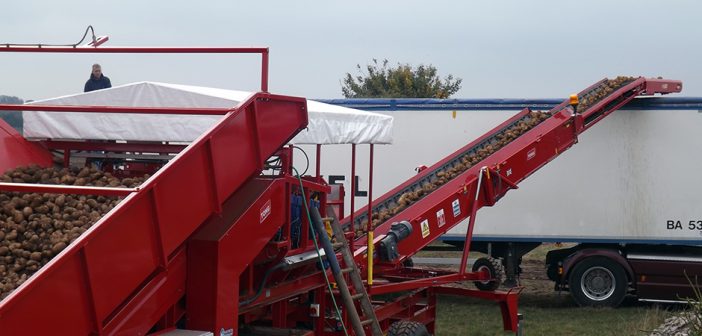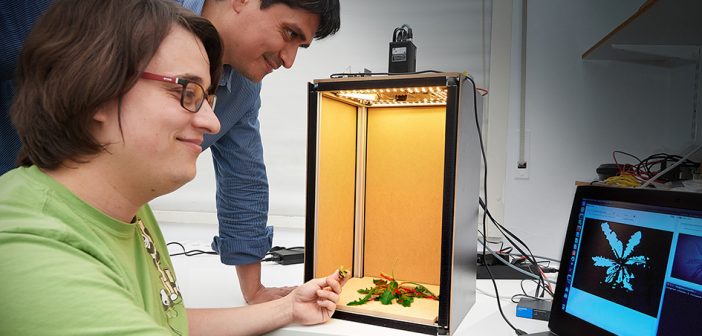A studentship is available to work with Phytoponics and Aberystwyth University, giving the successful applicant the chance to consider what makes a successful hydroponic crop and how can we improve the agronomy of hydroponics to maximise the yield, efficiency of production and crop quality.
South Wales-based has developed the Hydrosac, a novel device for growing plants hydroponically that expands the range of applications of hydroponics. According to the firm the Hydrosac opens up the opportunity to develop novel agronomy for large scale hydroponics and to develop varieties that are specifically selected for use in hydroponic agriculture.
The project will grow a diverse population from a range of potential salad crops in Hydrosacs, identifying suitable variations to improve plant growth for hydroponic systems and will identify what characteristics are associated with superior performance to establish the characteristics that define a successful hydroponic crop. A major outcome will be to identify the potential impact of new breeding programmes specific for hydroponic agriculture.
Specific aims include identifying crop phenotypes in hydroponic and conventional growing systems, testing how different crops may be optimally linked through hydroponics to maximise the use of nutrient and space, and performing a large scale test of selected crop types to confirm in detail improvements in hydroponics using the Hydrosac for yield and nutrient content.
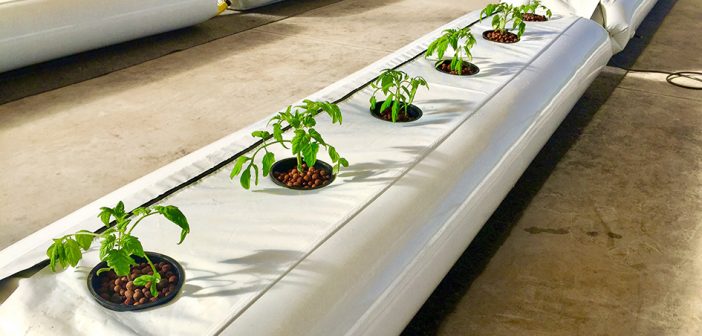
Photo Credit: Phytoponics
The post Hydroponic internships available in South Wales appeared first on Hort News.
